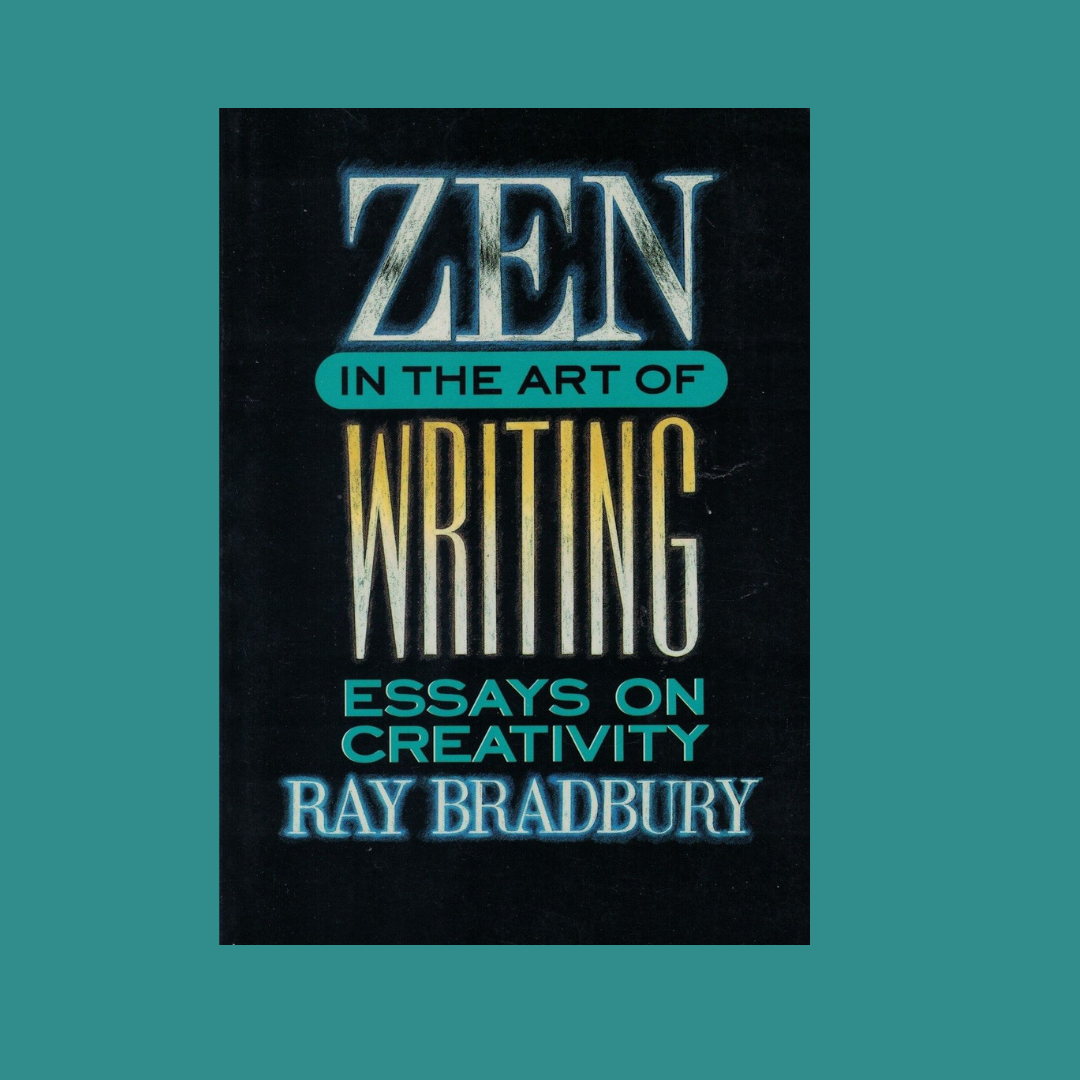
A few days ago, I wrote about the challenges I face as an older writer and painter. Today, I want to flip that coin. I can honestly say that now that I am older, I don’t feel the same pressure that I faced when I was younger– the pressure to please some faceless mass, to create to sell, and to create simply to be liked on social media.
About 2 months ago, I hung my art in a local retail space [for about 1 week], but when I discovered that the owner of the business wanted me to create to sell–to be more commercial, I bowed out of that space as quickly as I could,
At the age of 74, I regret to say that I wasted most of my life feeling the need to sell–and the need to turn my art into a dime, and I have vowed not to spend my final few years trapped in that same rut.

I am reading Ray Bradbury’s Memoir and Book of Tips for Writers. Zen in the Art of Writing, and I Iove the fact that Bradbury addresses this issue in the second chapter of that book:
He advises writers to write with Zest and with Gusto:
“…if you are writing without zest, without gusto, without love, without fun, you are only half a writer. It means you are so busy keeping one eye on the commercial market, or one ear peeled for the avant-garde coterie, that you are not being yourself. You don’t even know yourself. For the first thing a writer should be is—excited. He should be a thing of fevers and enthusiasms. Without such vigor, he might as well be out picking peaches ordigging ditches; God knows it’d be better for his health.” Bradbury, Zen in the Art of Writing, pg. 4.
Writing and Painting what you think will sell is only one of the ways that would-be creators sell out. Another way is the tendency to create what we think will be “liked” — on social media, by agents, by publishers, or simply by the people in our homes. I’ve been lost on that track, too.
“The public wants work which flatters its illusions.” ― Gustave Flaubert
I want to be liked; and I dislike, as much as anyone else, for people to disagree with me. Not too long ago, I submitted something to a publisher, but before I did so, I asked an editor friend of mine to check the manuscript for errors. I am not a person who enjoys being wrong, and it required more courage for me to ask my friend to correct me than it did to submit the work to a publisher.
“The trouble with most of us is that we’d rather be ruined by praise than saved by criticism.” ― Norman Vincent Peale
As I said, I do not like being criticized, and I do not even like the conflict of disagreeing with others, but I decided long ago that I would not be the kind of person who has no real opinions.
People without opinions are like piles of mashed potatoes. Mashed-Potato-People have had the life boiled and whipped completely out of themselves, and they tend to ride the fence on every issue.
Life is not lived on the fence. We must have opinions. We must take a stand in life. The only way to be meaningful in life is to let your life mean–to let it actually stand–to let it stand out, and to let it stand for something.
When we begin to take a stand in life, there will people who absolutely hate us for our opinions. But in being real about who we are and about what we believe, we offer other people something real and something tangible to love–we offer people an authentic mind, words with meaning, and an ability to let people know why and how we care.
Ultimately, however, the true problem with having no true opinions is that the unopinionated are rather limp. Theses shells of people are afraid to pick their favorites and in doing so, the would-be creator creates without the blessing of finding true joy in his work. Ray Bradbury said that joyless creators miss the true reason to create.
“What fun you are misradbursing, then. The fun of anger and disillusion, the fun of loving and being loved, of moving and being moved by this masked ball which dances us from cradle to churchyard. Life is short, misery sure, mortality certain. But on the way, in your work, why not carry those two inflated pigbladders labeled Zest and Gusto. With them, traveling to the grave, I intend to slap some dummox’s behind, pat a pretty girl’s coiffure, wave to a tad up a persimmon tree. Anyone wants to join me, there’s plenty of room in Coxie’s Army.” Bradbury, pg. 9. 1973
Discover more from Jacki Kellum
Subscribe to get the latest posts sent to your email.